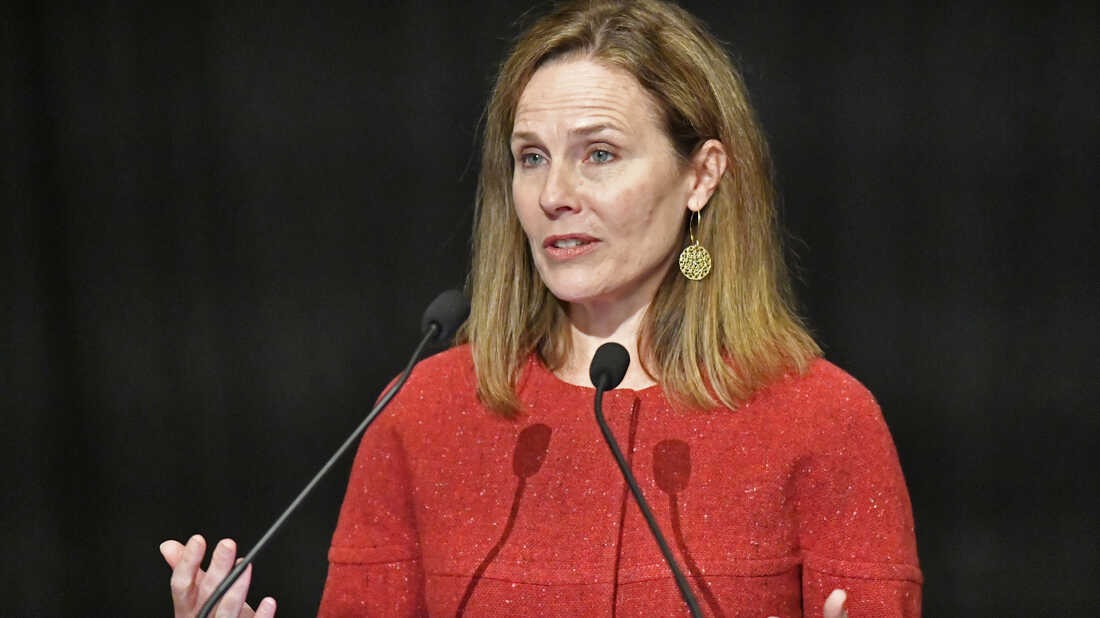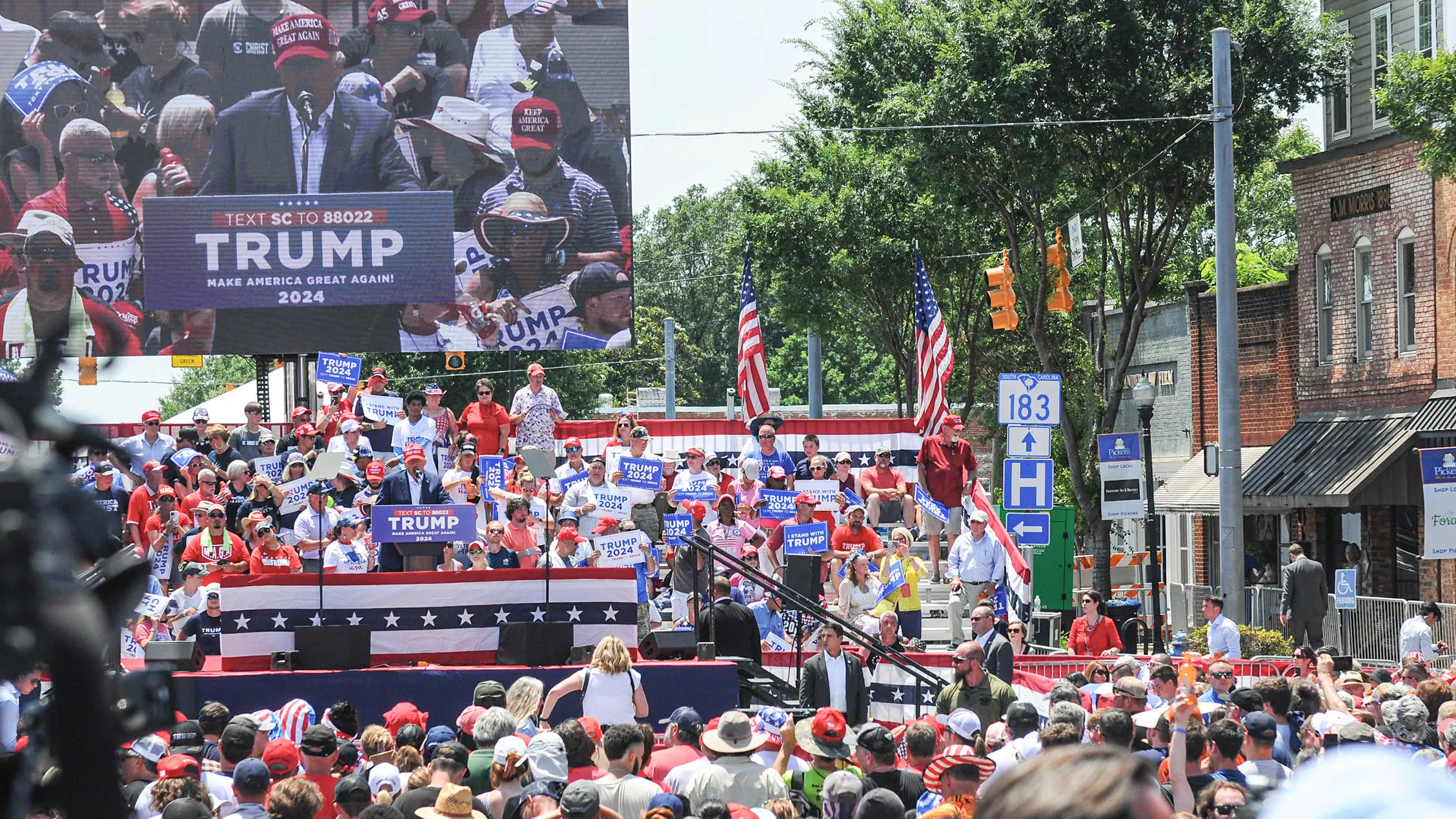The recent term of the U.S. Supreme Court has been a masterclass in expanding presidential power at the expense of democracy and marginalized communities. With a conservative majority that appears to be operating as a rubber stamp for the Trump administration, the implications of their decisions are staggering and troubling for the future of our nation.
New Limits on Judicial Oversight
In a shocking move, the Supreme Court has imposed severe limitations on the ability of federal judges to challenge presidential actions. This comes on the heels of a ruling that establishes broad immunity for presidents engaged in "official acts." As reported by The New York Times, Justice Amy Coney Barrett"s opinion allows Trump to move forward with plans to end birthright citizenship, a law that has been foundational for over a century.
Impact on Vulnerable Communities
The implications of these decisions are particularly dire for marginalized communities. The court has facilitated the Trump administration"s mass layoffs of federal workers, which disproportionately affects low-income individuals and people of color. The removal of openly transgender service members from the military, as well as the deportation of noncitizens to third countries with minimal due process, reveals a troubling disregard for human rights. Justice Sonia Sotomayor"s dissent underscores the stark reality: "Other litigants must follow the rules, but the administration has the Supreme Court on speed dial." This blatant inequality highlights the urgent need for accountability and reform within our judicial system.
\n\n
Justice Amy Coney Barrett Decries Labeling Supreme Court ...
Judicial Culture of Disdain
Justice Ketanji Brown Jackson"s dissent in the birthright citizenship case powerfully articulates the existential threat posed by this court"s actions. She argues that their repeated overruling of lower court judges cultivates a "culture of disdain for lower courts" and undermines the very rule of law. The erosion of judicial authority is not merely a legal concern; it has profound implications for environmental justice and the protection of vulnerable communities who rely on the courts for recourse against oppressive policies.
Trump"s Unrestricted Power
As the Supreme Court has granted Trump significant leeway, we are witnessing an unprecedented consolidation of executive power. The court"s decision to eliminate nationwide injunctions against federal actions means that judges can no longer serve as a check on the executive branch"s abuses. According to the White House, this ruling is touted as a victory for the Constitution, but in reality, it strips away vital protections for ordinary citizens and empowers an administration that has shown a consistent disregard for democracy.
\n\n
Donald Trump 2024 Rally Schedule - Caresa Sisile
Next Steps and the Call for Action
With further decisions on the horizon that could dismantle federal agencies and reduce workforce protections, the stakes are higher than ever. The court"s actions have sparked outrage among progressive leaders who recognize the immediate need for grassroots mobilization. The message from legal scholars is clear: "The people have to save themselves here," as noted by conservative lawyer George Conway III. This assertion resonates deeply within the climate justice movement, where community action and advocacy are essential in the face of oppressive governmental policies. If we are to protect our rights, including the right to a healthy environment, we must demand accountability from our institutions.



![[Video] Gunfire between Iraqi security forces and Sadr militias in Baghdad](/_next/image?url=%2Fapi%2Fimage%2Fthumbnails%2Fthumbnail-1768343508874-4redb-thumbnail.jpg&w=3840&q=75)
